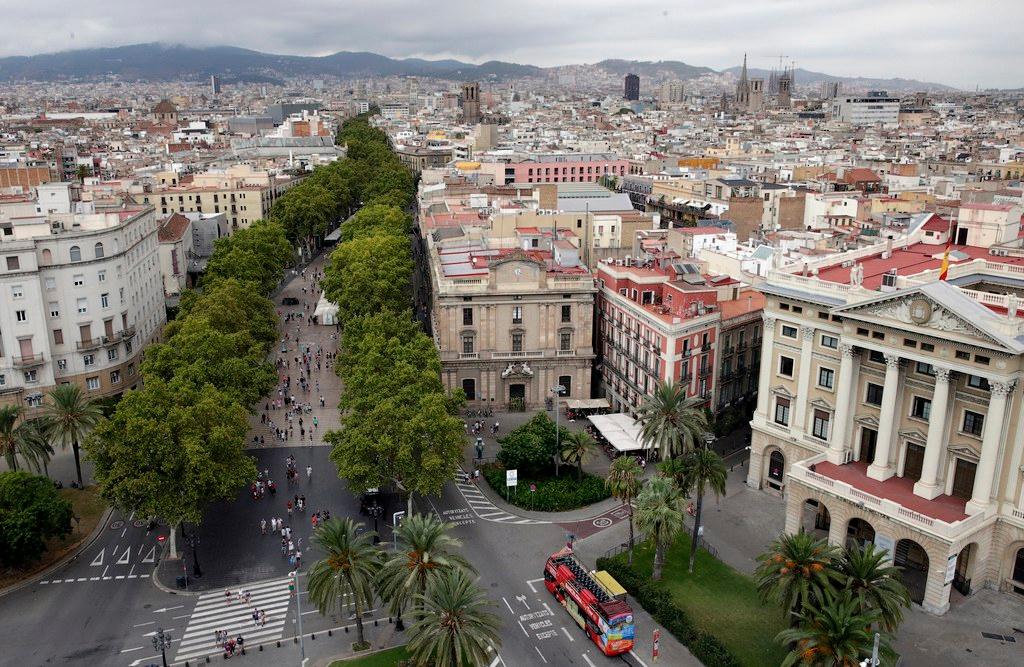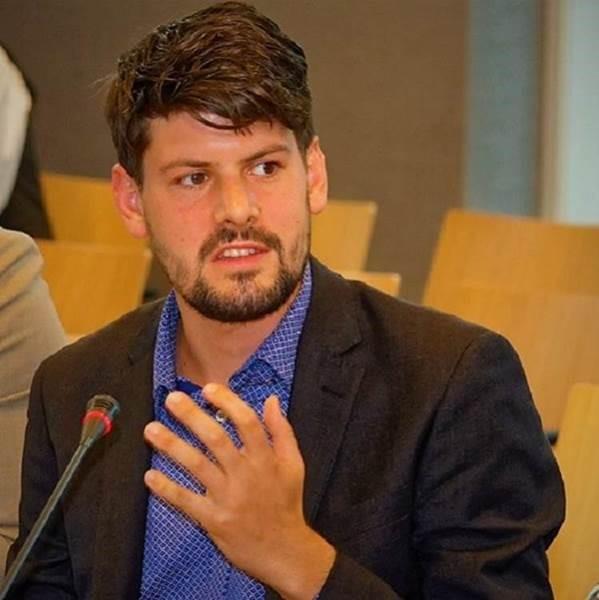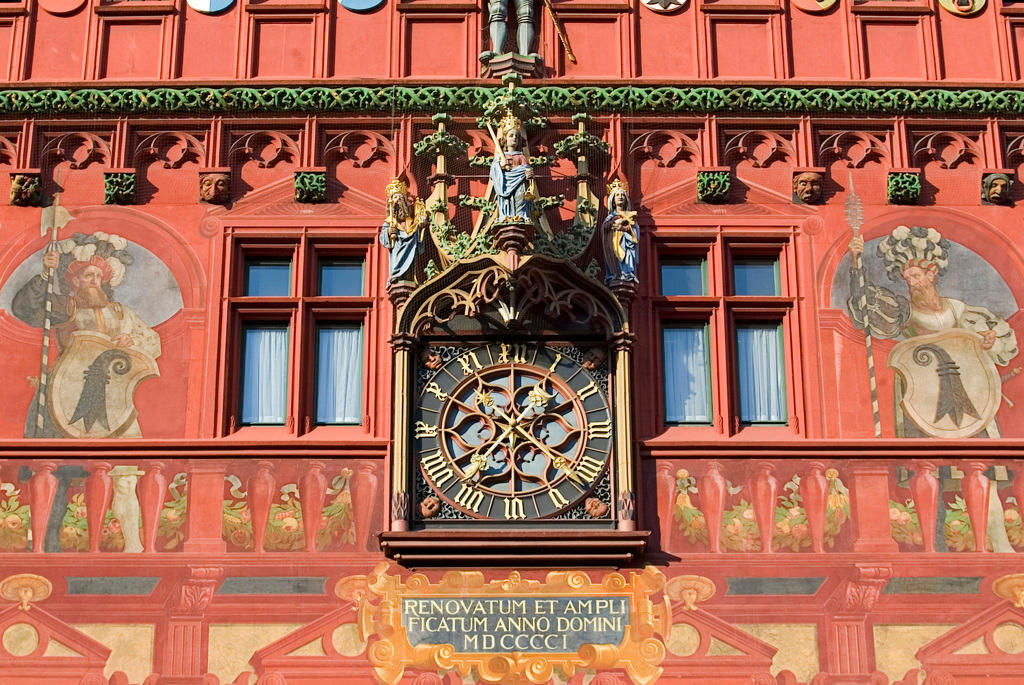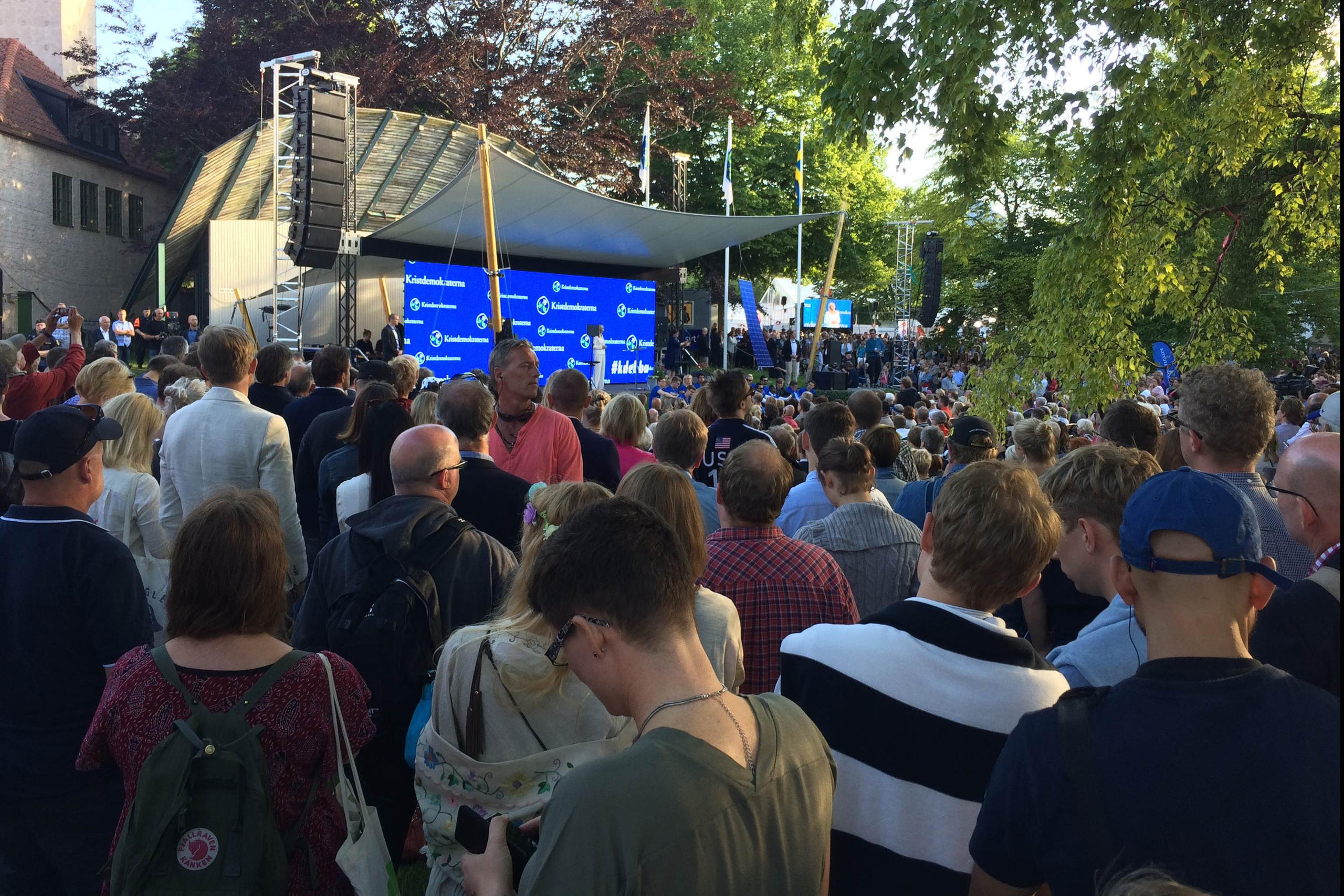A just future starts at the local level

Cities are gaining power. When national governments fall short, local leaders show courage. It’s happening all over the world, writes Amsterdam City Councillor Jelle de Graaf.
When Donald Trump left the Paris Accords, the cities of the United States – from Democratic Pittsburgh to Republican San Diego – took responsibility. In Europe, Mediterranean cities like Barcelona, Madrid and Naples lead the charge for strong local governments.
At the beginning of June, I visited the Fearless Cities Conference in BarcelonaExternal link. At the time, nobody could foresee that this city would become the scene of one of the bloodiest terrorist attacks in Europe this summer. Around 700 active citizens and elected representatives from all over the world came together to discuss municipalismExternal link.

The term “fearless cities”refers to assemblies of neighbourhoods practising direct democracy, which are organised in a system of free communes or municipalities, as an alternative to the centralised state.
In Barcelona, people with radically different backgrounds – from social workers in the slums of Cape Town to women’s rights activists in Syria’s autonomous Rovaja region – came together to start a dialogue. One participant might have been building a green and sustainable future, while others fought evictions or institutional racism, yet everyone was working on the same overarching municipalist project. All participants aimed to achieve a better world by working at a local level in an inclusive, consensus-based, democratic way with a focus on communities and their wishes.
For me, the Pirate movement has always been about democratisation and the decentralisation of power. Subsidiarity – decision-making on the lowest possible level – is a central concept to the Pirate movement and has been at the core of my work in the borough of Amsterdam West. In addition to the democratic argument that the people who are influenced most by a decision should be the ones making it, there’s the practical reality that people are much more likely to solve issues together on local level.
Election by sortition
In Amsterdam West, my main focus has been to put democratic reform in practice. We selected a group of people to develop solutions to the problems arising from mass tourism in an up-and-coming neighbourhood. We first selected a large sample of people at random, then scaled down the group using a selective lottery, so people of all walks of life were represented. Unlike a representative body, the people chosen by lottery showed their willingness to participate in an open discussion, and develop workable ideas to curb the excesses of mass tourism. Another example of democratic reform is the online platform we launched called ‘The Voice of West’, where people can add, discuss and vote on ideas – ultimately setting the political agenda themselves.
While these projects make us a standard-bearer for democratic innovation in AmsterdamExternal link, the Netherlands, we’ve barely scratched the surface of what’s possible. Everything we accomplished was the result of negotiations with the traditional political parties, who had been doing things their way for decades. Only when you look at cities like Barcelona and Madrid, where municipalist movements have taken over their local governments, can you see the real possibilities.
Municipalism works. When you actually talk to people, instead of yelling one-liners at them, radical policy is possible – even on big, polarised issues. Madrid and Barcelona declared their towns ‘refugee cities’ and opened them up to 15,000 refugees. If this can happen with broad support in a city with huge housing problems like Barcelona – where a few years earlier, thousands of people were evicted from their houses every month – it can happen anywhere.
The source of local innovation
By empowering the commons, and focusing on the active citizens who are already working on green initiatives, radically green progress is possible with the support of the people. By going at it together, with an open dialogue, long-abandoned progressive policy goals that seemed impossible to achieve in the traditional political arena suddenly become possible again.
The success of the municipalist movement in southern Europe strengthens my belief that the local level is where political and democratic innovation will come from. While municipalism of course isn’t the answer to every world problem, it might be a way to break out of the polarised political landscape we’re in right now. We can start tackling big issues like climate change, the erosion of civil rights, and growing social and economic inequality.
The municipalist movement shows us there’s a viable alternative to both the extremism of the far right and the political stalemate of the traditional parties. An inclusive, sustainable and just future starts at the local level.

In compliance with the JTI standards
More: SWI swissinfo.ch certified by the Journalism Trust Initiative



You can find an overview of ongoing debates with our journalists here. Please join us!
If you want to start a conversation about a topic raised in this article or want to report factual errors, email us at english@swissinfo.ch.